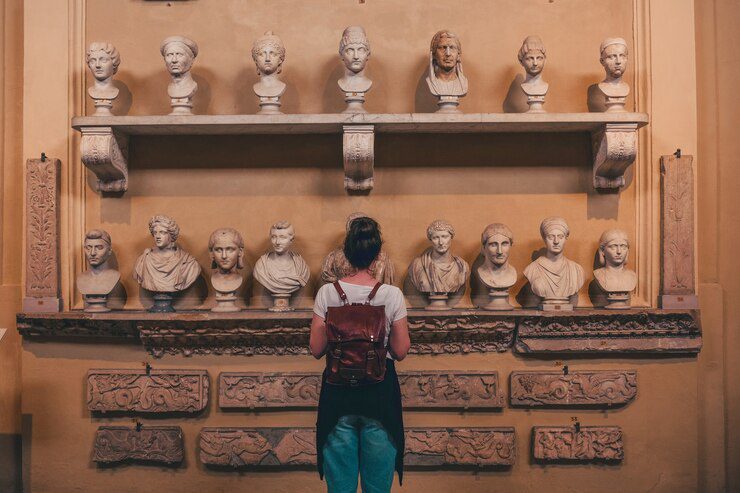History is a captivating puzzle, and archaeologists are the detectives piecing together its fragments. Historical discoveries are not just about finding old stuff; they’re about unlocking the secrets of our past, understanding the evolution of human civilization, and rewriting the history books.
The Excitement of the Quest: Discovering Hidden Treasures
There’s something undeniably romantic about the idea of stumbling upon a lost city, an ancient artifact, or the remnants of a forgotten civilization. Historical discoveries are like time capsules, offering a glimpse into the lives of our ancestors. Each unearthed artifact is a piece of a larger puzzle, waiting to be assembled into a coherent picture of the past.
Table: Famous Historical Discoveries
| Discovery | Significance |
| Tutankhamun’s Tomb | Uncovered the opulent world of ancient Egypt |
| Pompeii | Preserved a Roman city frozen in time |
| Terracotta Army | Revealed the scale of the Qin Emperor’s power |
| Dead Sea Scrolls | Provided insights into early Jewish and Christian history |
The Impact of Historical Discoveries
Beyond the thrill of discovery, historical discoveries have a profound impact on our understanding of the world. They challenge our assumptions, reshape our knowledge, and inspire future generations. From advancements in technology to insights into social structures, these discoveries contribute to our collective wisdom.
Archaeology: The Science Behind the Discoveries
Archaeology is the backbone of historical discoveries. It’s a meticulous process involving excavation, analysis, and interpretation. Archaeologists are the modern-day Indiana Jones, armed with sophisticated tools and scientific methods to unravel the mysteries of the past.
Technology’s Role in Unearthing the Past
Technological advancements have transformed the field of archaeology. Ground-penetrating radar, satellite imagery, and DNA analysis are just a few tools that archaeologists use to uncover hidden secrets. These technological marvels have accelerated the pace of discovery and expanded the scope of exploration.
Ethics and Preservation
As our thirst for knowledge grows, it’s essential to approach historical discoveries with a sense of responsibility. Ethical considerations must guide our exploration and preservation efforts. Illegal looting and the black market for antiquities threaten the integrity of archaeological sites. It’s crucial to support legitimate archaeological endeavors and ensure that discoveries benefit humanity as a whole.
Challenges and Ethics in Archaeology
Uncovering the past is a complex and delicate process. Archaeologists face numerous challenges, including funding constraints, site preservation, and ethical considerations. The illicit trade of antiquities is a major threat to the preservation of cultural heritage.
The Future of Historical Discovery
Technology is revolutionizing the field of archaeology. Advances in remote sensing, DNA analysis, and virtual reality are opening new frontiers for exploration. We can expect to witness even more groundbreaking historical discoveries in the years to come.
Historical discoveries are more than just academic pursuits; they are windows into our shared human experience. They link us to our past, inspire our present, and shape our future. As we continue to explore the remnants of bygone eras, we gain a deeper appreciation for the complexities of human civilization and our place in the grand tapestry of time.
The quest for knowledge is an endless journey, and historical discoveries are the milestones that mark our progress. Let us continue to explore, learn, and preserve our shared heritage for generations to come.







